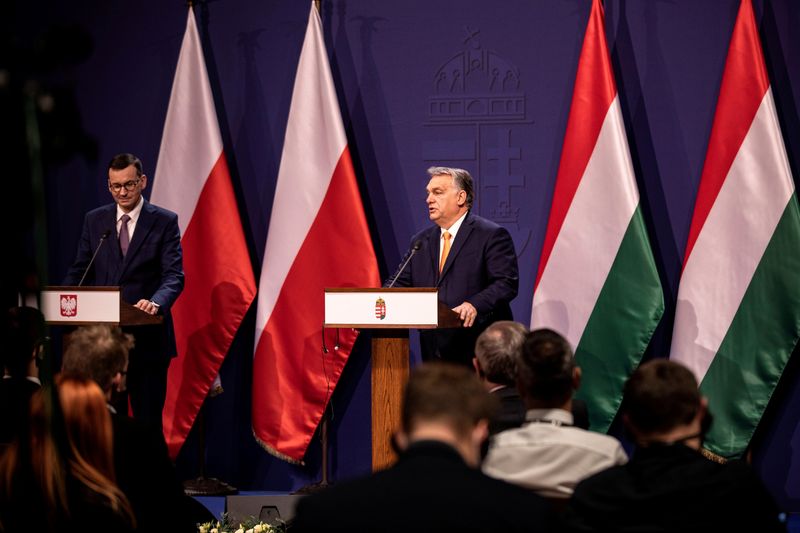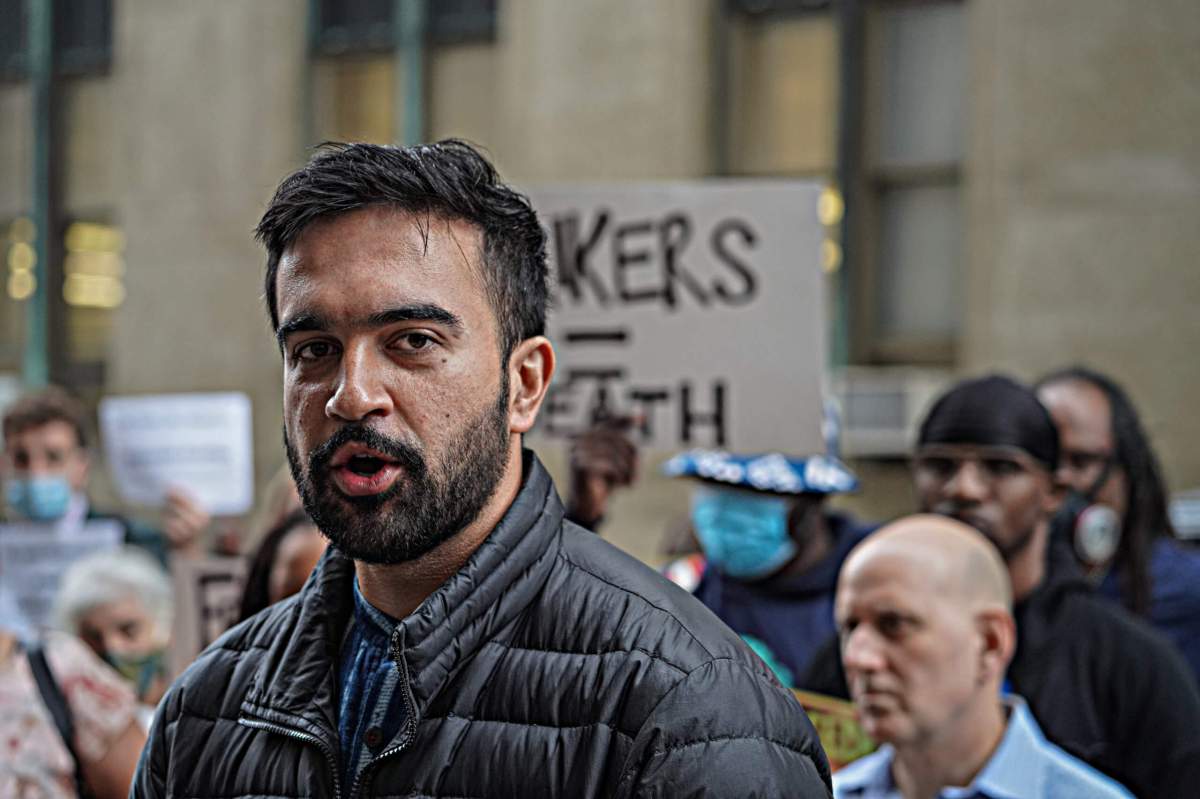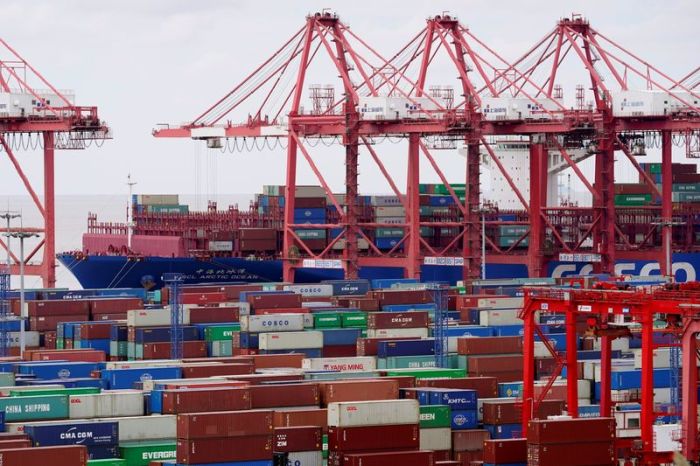By Jan Strupczewski
BRUSSELS (Reuters) -The European Union needs a signal from Poland and Hungary on Monday or Tuesday that they will drop their veto of the EU budget and recovery fund, or the bloc will have to set it up without the two member states, a senior EU diplomat said.
Warsaw and Budapest, both under EU scrutiny for undermining judicial and media independence, are blocking the budget and the recovery fund because they object to making the money conditional on respect for the rule of law and democratic norms.
“We need to have an agreement by Hungary and Poland by today or tomorrow at the latest. If we don’t, we will have to move to scenario B,” the EU diplomat told Reuters.
Scenario B means setting up the EU’s 750 billion euro recovery fund of grants and loans for just 25 member states, without Poland and Hungary, so that others get the cash needed to help lift their economies out of the 2020 coronavirus slump.
Under this scenario, the EU’s next long-term budget of 1.1 trillion euros would remain blocked. The EU would finance itself through a provisional budget in 2021 that would stop spending on new projects and radically slash funds even for existing ones.
While this would affect all EU countries, it would be most painful for both Poland and Hungary, which are large net beneficiaries of EU funds.
But Hungarian Foreign Minister Peter Szijjarto said after meeting his Polish counterpart in Brussels on Monday that both central European countries would stick by their veto.
“We have affirmed that we stand by each other,” Szijjarto said in a Facebook video. “We will not give room to any effort aiming to break up this cooperation.”
The blockage imposed by Poland and Hungary, both with conservative nationalist governments, is likely to be discussed at the EU summit on Dec. 10-11, though it is not formally on the agenda.
The senior EU diplomat said the legal basis chosen for setting up the recovery fund of 25 would determine how fast it could be done, but that it would not take months.
The executive European Commission has said that this is done under the so-called “enhanced cooperation” process envisaged by EU law for projects that at least nine countries want to pursue but others don’t, the fund could be set up in a matter of weeks.
That would mean cash can start flowing in the middle of 2021 as originally anticipated.
(Additional reporting by Gergely Szakacs in BudapestEditing by Mark Heinrich)

























